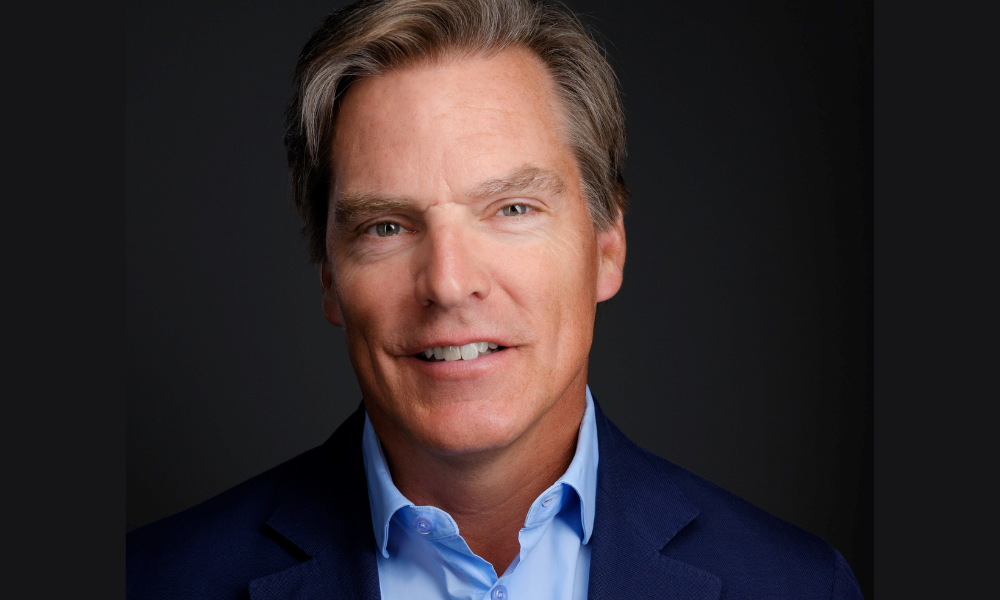A less-technical assessment of the market


Kevin Foley is a Managing Director, Institutional Clients at YTM Capital. YTM Capital is a Canadian asset manager focused on “better fixed income solutions” specializing in Credit and Mortgage funds. Kevin is the former Head of Credit Trading, Syndication, Sales and Research at a major Canadian bank. Kevin sits on (3) Canadian Foundation Boards and Investment Committees.
They say that the markets, well the public markets at least, take everything into account, right now. The same they say that the market price is the best representation of the current value of an asset. Yes. Sure….until it isn’t.
That everything that public market prices reflect includes fact, innuendo, theory and theories, the past, the future, and bias. This isn’t another semi-psychological paper on bias, but it is indeed an effort to pause and assess the potentially massive bias influencing market prices today.
“My name is John Smith and I recognize my innate expectation for lower interest rates and for higher equities. I concede my fear of missing out, yet I can’t help it. Thank you for listening.”
“THANK YOU, JOHN.”
Where are we now? We’re in one of the many stages of a long running bull market for most asset classes, save for the realization that zero interest rates were unnatural and the realized effects of higher rates on bonds, some real estate, some squashed business plans and indeed insolvencies. We’re near all-time highs for public equities, flows into private and illiquid investments are booming, day trading is a headline again, and bitcoin bulls are currently right.
We’re curious about how this office real estate thing plays out. We’re kinda‘ aware of the behind the scenes shifts smoothing private equity, but not really. We don’t really understand fixed income, so we hold onto it despite brutal performance and ineffective yield. We definitely want to hear about the next best thing, while we simply don’t have a playbook for investing in AI – or AI in general for that matter.
We’re optimistic. Maybe that’s a good trait. Maybe it’s all we got. Maybe we need stocks to go higher, and soon. But what if they don’t? And honestly, should they?
To be fair, I should register my own bias, maybe typical of someone who spent decades in fixed income, is currently part of an asset manager focused on better fixed income solutions, and a member of several foundation boards with conservative mandates. People like me tend to spend too much time on what can go wrong rather than what might go right. With that said, the current environment implores me to discuss it, and hopefully understand it better.
Don’t these massively higher internet rates, with their recently higher trajectories, or God forbid – further US rate hikes, have to lower the fair value of equities eventually? One could argue they absolutely have to because the interest / borrowing / discount / funding rate is in fact what turns future cash flows into current valuations. Is it possible that we’re dismissing the math, allowing the momentum and the optimism to overwhelm the models?
Don’t we have to forecast and add to the aforementioned everything valuation the effect of higher rates on personal disposable income and savings? Don’t some businesses simply not work with these new borrowing rates? Consider the effects on mortgage rates, car loans, credit card balances.
Do the ongoing headline debates over 2 or 3% inflation matter more than the 25%+ rise in the cost goods and services over the past few years?
Is it possible that one of the many effects of inflation is its ability to temporarily prop up otherwise failed businesses?
Why is it that markets more recently seem to be conditioned to quickly dismiss previously crucial themes like lower growth in China, or very real geopolitical conflict, or a multiple point rise in funding costs and discount rates? Have we been conditioned over years and crises to buy the dip – and maybe even get it before it dips much?
Did we learn the right market lessons from the GFC and the covid-era for? Has an enduring bull market through those devastating events, lasting longer than previous business cycles, not without its current warning signs, led us to a truly flawed sense of value, or similarly to accept sentiment’s ability to swamp fundamentals?
How many are aware that the large infrastructure investments that bolster many portfolios, including the Canadian pension plan portfolios, have as little as $5 of equity per $100 valuation? How many recall how aggressively those infra assets were chased by buyers, leading to underwriting at ultra-thin margins at near-zero rates? Could Infra be one of the hindsight asset valuations a-ha’s?
What should we really be taking from the recent spike in Gold? Will bitcoin really hold up as a store of value? Is bitcoin actually an energy trade?
What about AI? In many, many ways AI is great. Transformational even. But we’ve had transformational before, and we evolve and adapt with it. Does it single-handedly prop everything else up, delivering magic productivity gains, fueling valuations, markets, and sentiment?
When FOMO stops, does it simply fade, or is the effect immediate and in fact quite a bit bigger - across asset classes, valuations, current assumptions, outlooks, and solvencies?
Don’t so many things already feel like they will be obvious in the rear-view mirror?
That all seems gloomy. But before you write me off as one of them, I have succeeded here if I have either changed or strengthened your current resolve. If you are made to consider the potential pitfalls yet your thesis holds up, then have at ‘er.
If these anecdotes do give you pause, what do you do now? Potentially somewhat confusingly, the professional asset allocators would still have you fully invested, likely with a tempered but not all that different diversified portfolio than at most times in the past. Most of those allocators rely heavily on past performance, along with some forward-looking assessment, over long horizons to forecast expected returns for major asset class. One could argue that even the experts are potentially complacent about the growing asset valuation and growth headwinds – potentially too reliant on too long a lens, using the wrong models, or not reasonably accounting for the lurking optimism and bias.
A reasonably well-diversified portfolio, with sufficient staying power, built on more fundamental analysis and more skeptical of current and future asset prices, might be the only answer. Maybe that portfolio has a lower expected return than it did previously and maybe it’s less exciting than the water cooler talk, but maybe that’s reality. Holding cash doesn’t work. The required safety of fixed income has fortunately evolved beyond ineffective bonds, especially in this interest rate environment. Dividend paying stocks might help – but remember that the dividend stream comes with an equity investment. Get paid for illiquidity or skip it. Like a strong blackjack player, size your bets to weather the storms. There might just be one coming.



